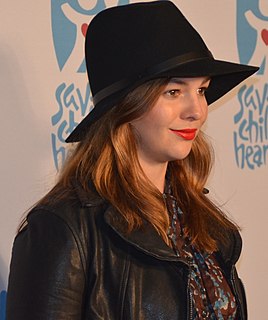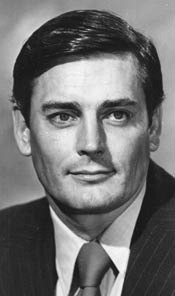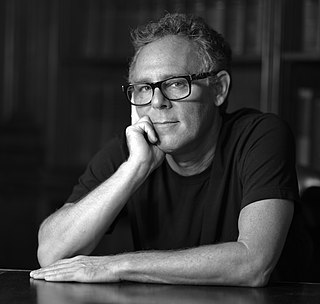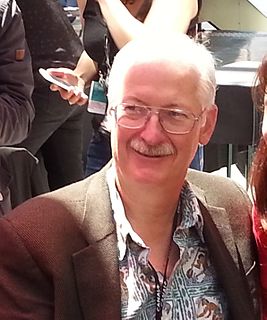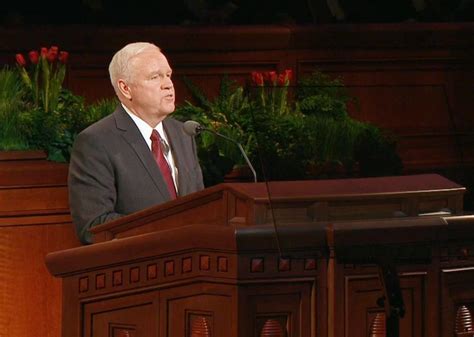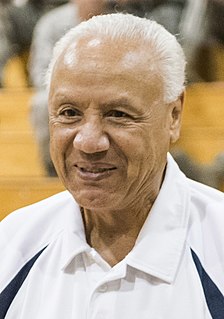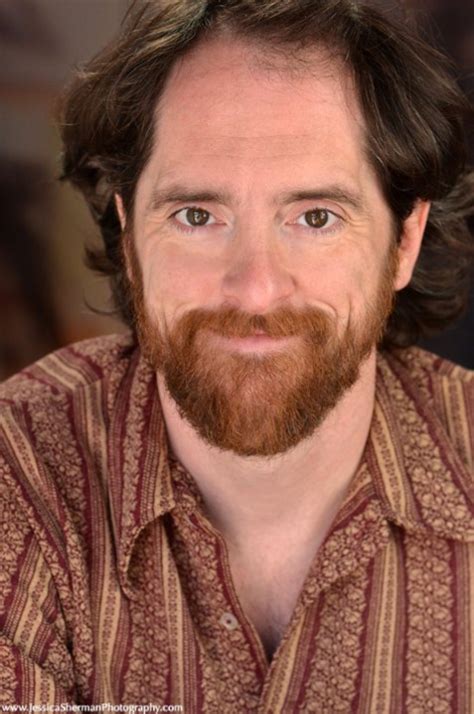A Quote by Pete Townshend
What we learned quite early on is what was really important to early British pop that we produced-and this is where we were distinct from almost everybody else in this respect-is that it had to reflect exactly what the audience wanted us to say.
Related Quotes
The process of decolonisation in Nigeria was a very untidy one. The British, when they were leaving finally and knew exactly who they wanted to take over, they wanted pliant government, figures, structures, they wanted to continue indirectly in effect their control over much of their colonial possessions and this was one of the very early causes of conflict.
We hung out a lot together. We went and saw films together. It was really actually quite easy. I think we were all very subconsciously connected in knowing that we needed to make it important, and therefore it just became important and it worked. Everybody had a lot of respect for each other. I think respect is the most important thing you can have.
We wanted a musical number that would capture the exhilaration of being out on a boat as they were and sailing with the stars and all that. So that's the origin of We Know the Way. From very early on we said, for an audience that doesn't know this, what we need a song that can really have the kind of sweep and the, you know, pull you in. So that was early on, we conceived of like that should be a musical moment [in Maona].
These early Saints were indeed homeless, but they were not hopeless. Their hearts were broken, but their spirits were strong. They had learned a profound and important lesson. They had learned that hope, with its attendant blessings of peace and joy, does not depend upon circumstance. They had discovered that the true source of hope is faith—faith in the Lord Jesus Christ and in His infinite Atonement, the one sure foundation upon which to build our lives.
The Russians have been flying long duration crews since the early '70's. And in the early days, they've ended at least two missions early because of conflicts within the crew. So, they learned early on the importance of studying this and making sure you put the right crew together. Since we began our work together on the International Space station with the Russians in the early 2000's, NASA has started to learn the importance of this kind of work. And so, I think it's important work and we are not fully onboard and recognize it as important.
I grew up in a very British family who had been transplanted to Canada, and my grandmother's house was filled with English books. I was a very early reader, so I was really brought up being surrounded with piles of British books and British newspapers, British magazines. I developed a really great love of England.
One of the first lessons I learned as a mom was to forgive myself for not being perfect and to try to prioritize what was really important. I had to really accept very early on that after a while, reading a script and finding the form for the class trip, it was hard to realize which one had priority at times. So I just had to say, "You're doing the best you can, and when you make a mistake, apologize. Your kids know that you love them."




